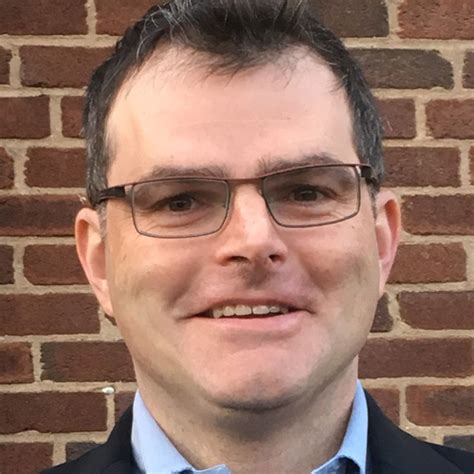A Quote by Brene Brown
If you trade your authenticity for safety, you may experience the following: anxiety, depression, eating disorders, addiction, rage, blame, resentment, and inexplicable grief.
Related Quotes
• Eating disorders are addictions. You become addicted to a number of their effects. The two most basic and important: the pure adrenaline that kicks in when you're starving—you're high as a kite, sleepless, full of a frenetic, unstable energy—and the heightened intensity of experience that eating disorders initially induce. At first, everything tastes and smells intense, tactile experience is intense, your own drive and energy themselves are intense and focused. Your sense of power is very, very intense. You are not aware, however, that you are quickly becoming addicted.

































